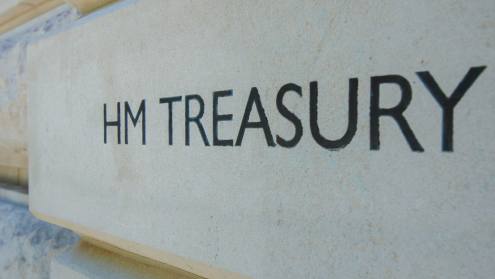No longer dull, back-room bureaucrats, government debt managers have come out of the dark in the past decade, becoming synonymous with innovation and fancy financial footwork. Securitisations, derivatives, one-shot asset sales, delayed payments, shifting paydays and delayed tax refunds are now everyday tools of the trade in government balance sheet management. But do tighter scrutiny and shrinking asset pools spell the end of the affair with financial gimmickry?
Creative debt management is being driven by overarching political objectives as well as the need to fix gaping holes in domestic balance sheets. In Europe, strategies have been shaped by monetary union and the need to comply with the Maastricht criteria on public deficits and debt. At a sub-national level, US states and European municipalities have fashioned debt policies to fit national ‘balanced-budget’ rules.






